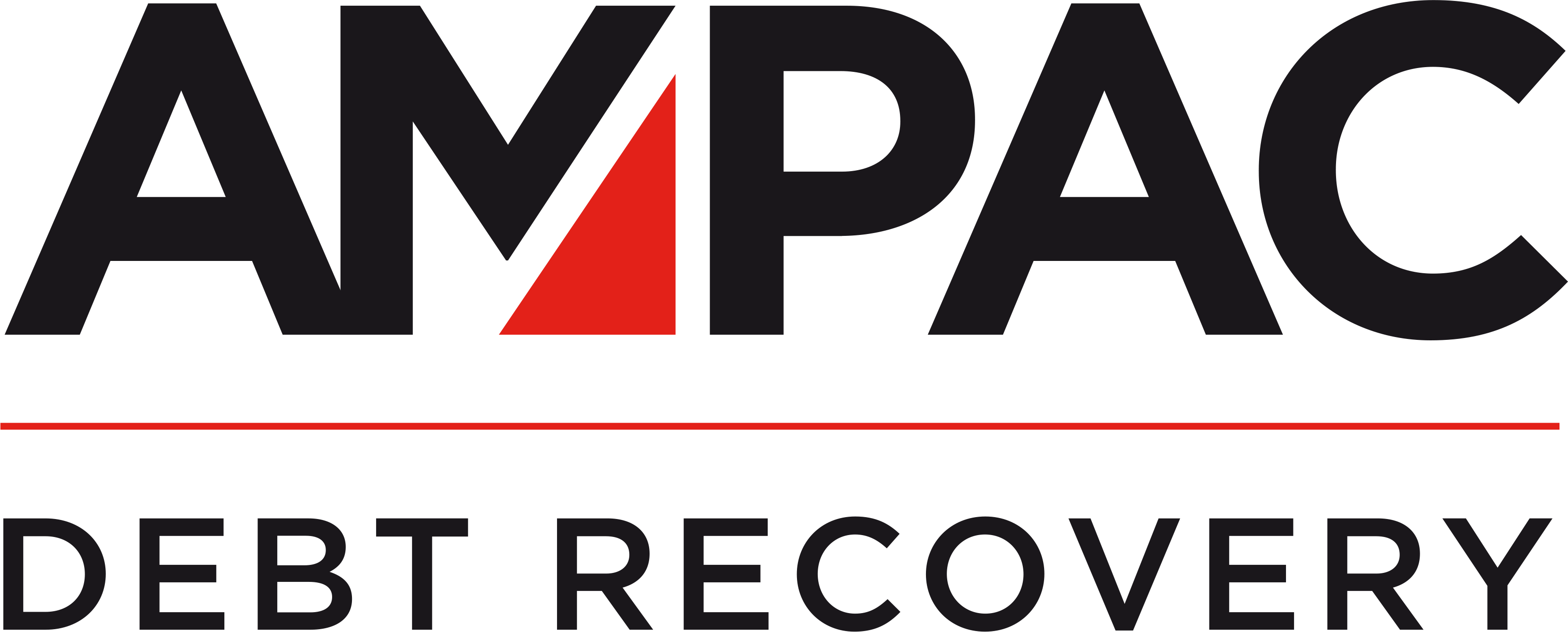Home / Temporary Changes to Bankruptcies and Liquidations – The Federal Government’s Coronavirus Response
Below is an outline of the changes made to the insolvency rules around Creditor’s Statutory Demands and Bankruptcy Notices. These changes apply whether or not a judgment has been obtained.
The Government has brought in immediate temporary measures to:

Note that these changes are not permanent. They are designed to deal with the immediate impact of the coronavirus and at present are limited to a 6-month period from 25 March 2020 to 25 September 2020.
The changes do not affect the validity of Statutory Demands served prior to 25 March 2020. Under those circumstances, the old rules apply and non-compliance within a 21-day period will permit a winding up application to be filed and determined.
The position is similar with respect to Bankruptcy Notices already served. The new rules will not act retrospectively, and a debtor will commit an act of bankruptcy if they do not comply with the current notice. Note however that the Courts are currently experiencing some delays in progressing matters.
For current matters where a Statutory Demand or Bankruptcy Notice has been served, we see no reason to delay proceeding, subject to the usual cost/benefit analysis.
For new matters, an arrangement may also assist in cash flow but clients should be particularly careful of the terms of that arrangement. A Statutory Demand or Bankruptcy Notice will be considered “satisfied” if a payment arrangement is entered into. If that arrangement is then breached, the creditor would need to reissue the Statutory Demand or Bankruptcy Notice and the new 6-month period to comply begins again. There are two ways to deal with this:
Creditors should also consider alternative recovery methods on a case by case basis, such as the issue of writs of execution over goods or property and garnishee orders over wages, bank accounts or against people who owe the debtor money. Examination of the debtor through the Court may also prove effective in getting your debt paid before others.
Finally, Statutory Demands and Bankruptcy Notices are undoubtedly a useful tool. While the changes do dilute their effectiveness for the time being, they are still worthwhile considering as an option, even now. It will be important for our clients to not only protect their businesses through the current tumultuous times but place their businesses in the best possible position to succeed once the storm passes, and it will.
For advice on anything to do with debt recovery, call AMPAC on 1300 426 722 or email us at sales@4ampac.com.au

Do you have debt that needs recovering? Are you unsure on where to start? Contact AMPAC Debt Recovery for solutions today and speak to one of our qualified consultants to get you started.
Please fill in your details below to get instant access to Selecting the Right Collection Agency for Your Business